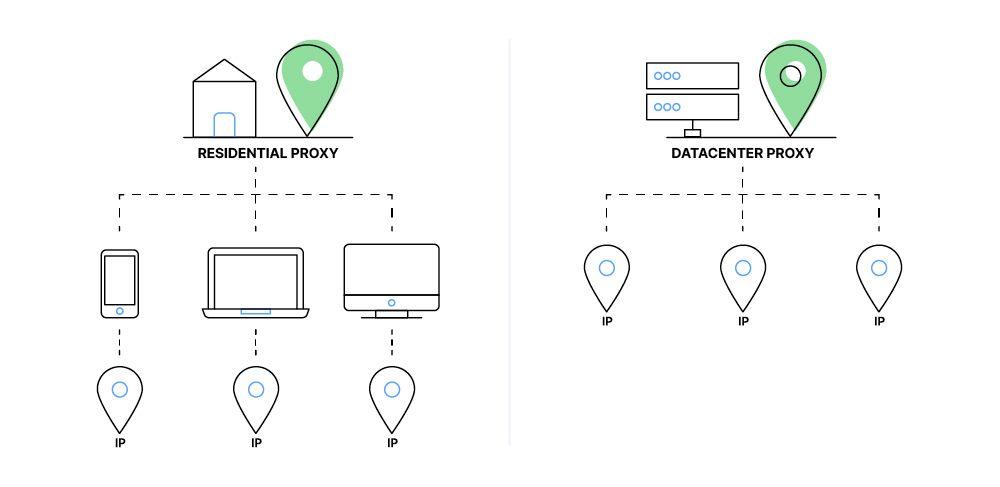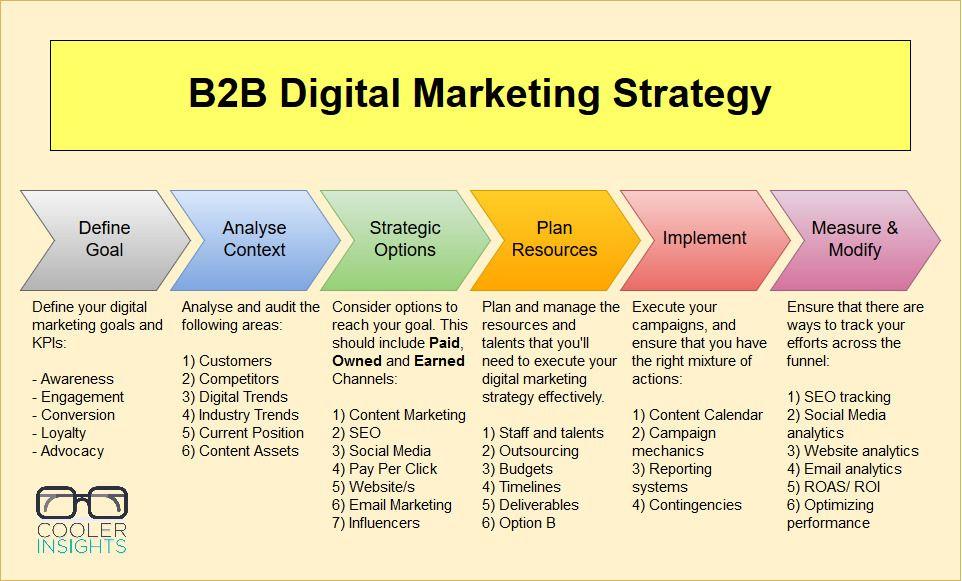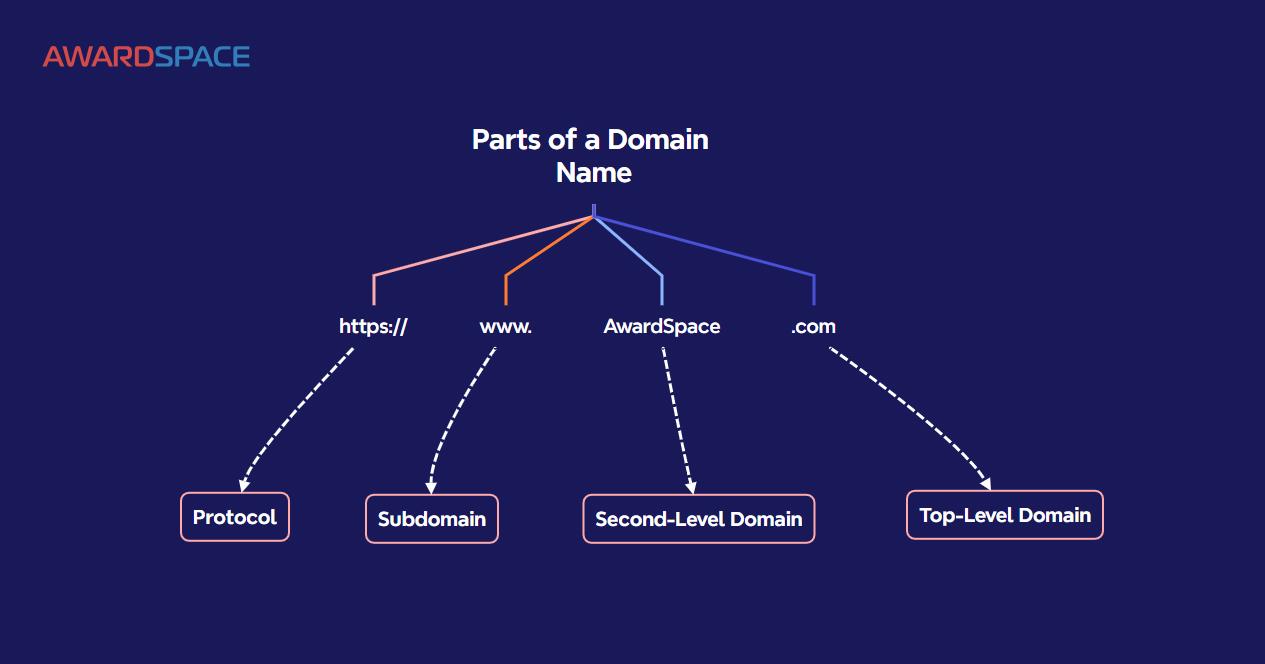In today’s digital landscape, teh need for robust proxy solutions has never been more critical. Whether you’re a marketing guru scraping data, an avid gamer wanting to dodge IP bans, or a researcher diving into regional trends, choosing the right type of proxy can make all the difference. In this article, we’re stepping into the world of proxies to explore the showdown between datacenter and residential proxies. We’ll delve into their performance metrics, discuss their legitimacy in various contexts, and uncover the nuances of regional access. By the end, you’ll be equipped with the insights you need to make an informed choice that not only meets your needs but also aligns with your values. So, let’s embark on this journey and unravel the complexities of datacenter versus residential proxies together!
Understanding the Basics of datacenter and Residential Proxies
Proxies serve as intermediaries between users and the internet, allowing for enhanced privacy, security, and access control. When evaluating the types of proxies available, datacenter proxies and residential proxies are the most prominent options, each delivering unique advantages and challenges.
Datacenter Proxies are known for their speed and reliability. These proxies are hosted in data centers and are not affiliated with internet service providers (ISPs), making them an ideal choice for users needing high volume scraping or accessing content quickly. They offer notable benefits:
- High Speed: Datacenter proxies generally provide faster connections due to their robust infrastructure.
- Cost-Effective: They tend to be cheaper than residential proxies, making them appealing for budget-conscious users.
- Scalability: Users can easily scale their operations with multiple IP addresses from datacenter providers.
Though, these proxies may run into issues of legitimacy. Because they are not tied to residential IPs, websites can easily recognize datacenter proxies and may block them, particularly those with strict anti-bot measures. This can result in limited access to certain content or functionalities.
On the flip side, Residential Proxies offer a different set of perks. These proxies use IP addresses assigned by ISPs to real residential users, which makes them appear more legitimate to websites and services. Hear are some key points to consider:
- Greater Legitimacy: Residential proxies are less likely to be detected and blocked by websites.
- Geographical Diversity: They allow users to access content restricted to specific regions, enhancing the ability to bypass geographical barriers.
- Real User Behavior: Mimicking real user actions, residential proxies can effectively navigate sites that would typically block automated traffic.
While residential proxies offer these significant advantages, they also come with drawbacks, including higher costs and variable speeds compared to datacenter proxies.It’s essential for users to weigh these factors based on their specific needs to determine the best proxy solution.
| Feature | Datacenter Proxies | Residential Proxies |
|---|---|---|
| speed | High | Variable |
| Cost | Lower | higher |
| Legitimacy | Low | High |
| Scalability | Excellent | Good |
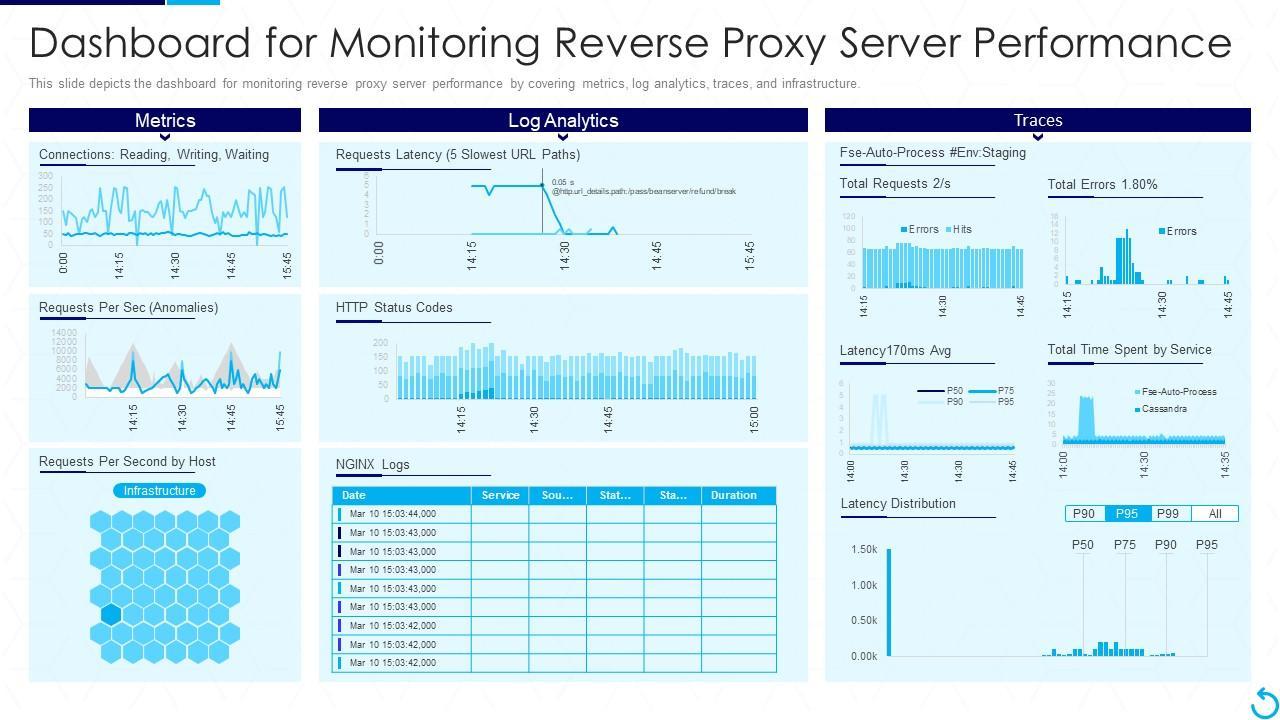
Performance Showdown: Which Proxy Type Delivers Faster speeds
When it comes to choosing between datacenter and residential proxies, one of the most crucial aspects to consider is speed. Users often prioritize fast and reliable connections, especially when engaging in activities that demand high bandwidth, such as web scraping or streaming. Understanding how each proxy type performs can considerably impact your online efficiency and experience.
Datacenter proxies, typically hosted in data centers, are engineered for speed and performance. They leverage powerful servers with optimized infrastructure, allowing for rapid response times. Here are some key features that contribute to their speed:
- High Bandwidth: Datacenter proxies usually have higher bandwidth limits, enabling quicker data transfers.
- Geographic Placement: They can be strategically located close to the target server to reduce latency.
- Scalability: Users can easily scale their usage as needed without significant performance drops.
On the other hand, residential proxies provide IP addresses assigned to real residential users. While they can offer better legitimacy, their speed can sometimes lag behind datacenter proxies due to the following factors:
- Network Congestion: Since residential proxies share bandwidth among multiple users, they may experience slower speeds during peak times.
- ISP Restrictions: Some internet service providers may throttle connections based on usage patterns.
- Geo-restrictions: Depending on the location of the residential IP, accessing certain sites may introduce latency.
To illustrate the performance differences, consider the following table, which summarizes speed metrics based on user experience:
| Proxy Type | Average Speed (Mbps) | Latency (ms) |
|---|---|---|
| Datacenter Proxy | 100+ | 5-10 |
| Residential Proxy | 20-50 | 20-30 |
while datacenter proxies generally provide superior speed and lower latency, residential proxies hold significant advantages in terms of anonymity and access to geo-restricted content. Ultimately, the choice between the two will depend on your specific needs—balancing speed against the legitimacy and nature of the websites you wish to access.
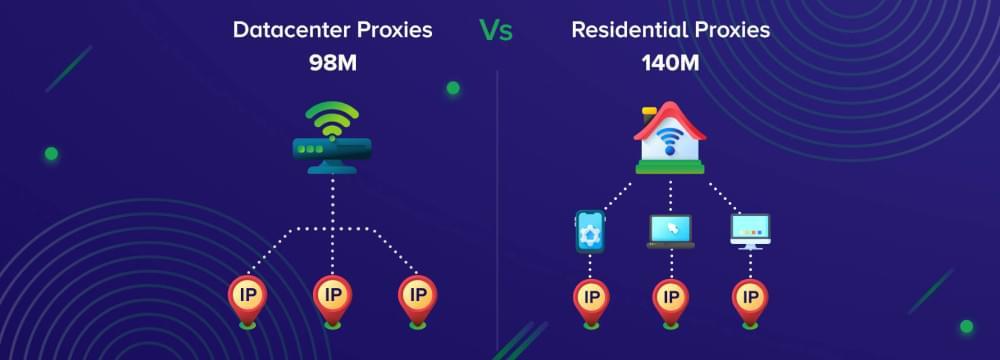
Legitimacy Matters: Why Residential Proxies Win the Trust Game
In today’s digital landscape, where online activities are scrutinized like never before, the legitimacy of your IP address provider can make or break your operations. Residential proxies stand out as the go-to option for those prioritizing trust and authenticity. Unlike datacenter proxies, which often raise red flags due to their predictable patterns, residential proxies use real IP addresses assigned to actual devices. this inherent authenticity allows users to navigate the web without the worry of getting flagged or banned.
When it comes to engaging with websites, particularly in sensitive sectors like e-commerce or social media, using a residential proxy is akin to having a local citizen vouch for you. Websites are increasingly employing complex algorithms to detect anomalous traffic patterns, and datacenter proxies frequently enough trigger alarms due to their systematic nature. In contrast, residential proxies blend seamlessly into the online habitat, allowing businesses and individuals to maintain their reputations and avoid needless complications.
Additionally,the regional access dynamics afforded by residential proxies cannot be overlooked. Manny websites restrict content based on geographical locations, which can be frustrating for users trying to access valuable resources. By employing residential proxies, you can easily obtain an IP address from your desired region, ensuring you appear as a local user.This capability not only enhances your browsing experience but also opens doors to untapped markets.
To illustrate the advantages of residential proxies over their datacenter counterparts, consider the following comparison:
| Feature | Residential Proxies | Datacenter Proxies |
|---|---|---|
| Legitimacy | High | Low |
| Detection risk | Low | High |
| Geolocation Adaptability | Excellent | Poor |
| Speed | Variable | consistent |
Choosing the right proxy service is essential for maintaining a competitive edge in the online arena.by investing in residential proxies, you not only ensure higher levels of legitimacy but also gain access to greater flexibility and security. In a world where trust is paramount, the choice is clear. Embrace the legitimacy that residential proxies offer and watch your online operations thrive.
Regional Access Dynamics: How Proxies Affect Global Browsing
In the rapidly evolving landscape of the internet, the choice between datacenter and residential proxies plays a pivotal role in how users experience regional access. Understanding these differences is crucial for businesses and individuals alike, especially when it comes to optimizing browsing performance and maintaining legitimacy in various online environments.
Datacenter proxies are often favored for their speed and cost-effectiveness. However, they face limitations when it comes to accessing content that is geo-restricted or under strict scrutiny. Because they originate from data centers rather than residential IP addresses,they can be easily identified and blocked by websites that monitor unusual traffic patterns. This can result in a frustrating browsing experience, where users are constantly facing CAPTCHA challenges or outright denial of access.
Conversely, residential proxies utilize IP addresses assigned to real devices, making them less detectable and more trustworthy in the eyes of content providers. This legitimacy allows users to bypass regional restrictions seamlessly, accessing content that might otherwise be unavailable to them. The ability of residential proxies to mimic normal user behavior can lead to enhanced performance when conducting tasks like web scraping or market research, where data accuracy is paramount.
When considering the impact on browsing dynamics, it’s essential to weigh factors such as:
- Speed: Datacenter proxies typically offer faster connections than residential proxies.
- Legitimacy: Residential proxies provide a higher level of trustworthiness, reducing the risk of being flagged.
- Cost: Datacenter proxies are generally cheaper, but may lead to higher costs in potential blocks and CAPTCHAs.
- Access: Residential proxies excel in accessing geo-restricted content.
To further clarify the differences, here’s a concise comparison:
| Feature | Datacenter Proxies | Residential Proxies |
|---|---|---|
| Speed | High | Moderate |
| Cost | Low | Higher |
| Legitimacy | Low | High |
| Access to Geo-Restricted content | Limited | Extensive |
Ultimately, the choice between these proxy types depends on your specific needs and use cases.If speed and cost are your primary concerns, datacenter proxies may seem appealing. Though, for those who prioritize access to restricted regions and a seamless browsing experience, investing in residential proxies frequently enough proves to be the smarter long-term strategy.
Cost Considerations: Finding the Right Balance for Your Needs
When choosing between datacenter and residential proxies,one of the most critical factors to consider is the cost associated with each option. Understanding your budget and the potential return on investment is essential in making an informed decision. Here are a few key points to keep in mind:
- Initial Investment: Datacenter proxies typically offer a lower entry cost, making them appealing for those on a budget. However, while the upfront costs may be attractive, hidden fees and service limitations can sometimes surprise users later on.
- Long-term Value: Residential proxies, while more expensive, often provide better reliability and performance. This can translate into significant savings over time, especially for businesses that rely on consistent and high-quality data scraping or market research.
- Scalability: Assess the scalability of each proxy type. Datacenter proxies might potentially be cost-effective for small-scale operations, but as needs grow, the costs can escalate. Residential proxies, though pricier, often offer more flexible plans that can scale with your requirements.
It’s also important to consider the context in which you will be using these proxies. For high-stakes operations where data accuracy and legitimacy are paramount, the additional cost of residential proxies could be justified. here’s a quick comparison of key factors:
| Feature | Datacenter Proxies | Residential Proxies |
|---|---|---|
| Cost Per Proxy | Lower | Higher |
| Speed | Generally Faster | Varies |
| Legitimacy | Less Reliable | Highly Reliable |
| Geolocation | Limited | Extensive |
Moreover, consider the usage frequency and purpose of your proxy needs. If your requirements involve frequent, high-volume requests, investing in residential proxies may be necessary despite their higher cost. Conversely, if you’re testing or scraping data infrequently, datacenter proxies might suffice, particularly when you’re prioritizing speed and budget.
Ultimately, the best approach is to evaluate your specific needs against the potential benefits each type of proxy can provide. Taking the time to understand these cost considerations will help you strike the right balance, ensuring you choose a solution that meets both your performance expectations and budgetary constraints.
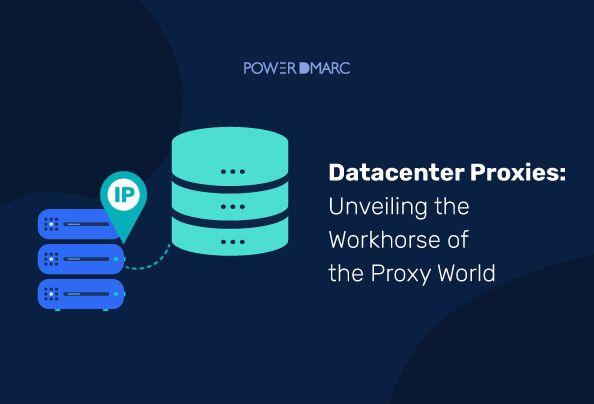
Use Cases Unwrapped: When to Choose Datacenter over Residential Proxies
When deciding between datacenter and residential proxies, understanding the unique use cases for each can significantly enhance your online activities. Datacenter proxies, being less expensive and faster, are ideal for tasks that require high speed and minimal latency. These proxies are perfect for scenarios such as:
- Web scraping: Efficiently gather data from websites without the risk of IP bans.
- SEO monitoring: Track keyword rankings and analyze competitor performance without delay.
- Ad verification: Ensure that your advertisements are displayed correctly and to the right audience.
In contrast, residential proxies offer a more authentic browsing experience, making them essential for activities that demand higher legitimacy. Their IP addresses are linked to real devices, which makes them less likely to be flagged by websites. Situations where residential proxies shine include:
- account management: Maintain multiple social media accounts without triggering security measures.
- Purchasing limited releases: Secure high-demand products during flash sales without getting blocked.
- content access: Bypass geo-restrictions to access localized content and services.
To illustrate the differences further, consider the following comparison table:
| Feature | Datacenter Proxies | Residential Proxies |
|---|---|---|
| Cost | Lower | Higher |
| Speed | Fast | Moderate |
| Legitimacy | Low | High |
| IP Diversity | Limited | Extensive |
Ultimately, the choice between these two types of proxies boils down to the objectives of your online operations. For high-speed tasks that prioritize performance, datacenter proxies are the optimal choice. Conversely, when authenticity and regional access are paramount, investing in residential proxies is essential. Understanding these nuances will empower you to select the right proxy solution for your needs.

Maximizing Anonymity: The Security Benefits of Residential Proxies
In an age where digital privacy is constantly under threat, the importance of using residential proxies cannot be overstated.Unlike datacenter proxies, which can be easily flagged or blocked, residential proxies offer a layer of anonymity that is vital for various online activities, from web scraping to managing multiple social media accounts. Here are some compelling security benefits of utilizing residential proxies:
- Real IP Addresses: Residential proxies use IP addresses assigned by Internet Service Providers (ISPs), making them appear as legitimate users. This significantly reduces the risk of IP bans or throttling.
- Geolocation Flexibility: These proxies allow users to appear as though they are browsing from different locations. This is particularly useful for accessing region-restricted content or conducting localized market research.
- anonymity in Data Collection: When scraping data, having a large pool of residential IPs minimizes the chances of detection, ensuring that your data collection efforts remain discreet and effective.
Moreover, the security benefits extend beyond just anonymity. Residential proxies can safeguard sensitive transactions, such as online banking or e-commerce activities, by masking your real IP address.This is especially important in a world where cyber threats are prevalent, as using a residential proxy can minimize the potential for identity theft and fraud.
To illustrate the differences between the two types of proxies in terms of security, consider the following comparison:
| Feature | Residential Proxies | Datacenter Proxies |
|---|---|---|
| IP Legitimacy | High - Real users | Low – Easily identifiable |
| Risk of Banning | Minimal | High |
| Geolocation Access | Flexible | Limited |
| Security Level | High | Moderate |
Ultimately, choosing residential proxies translates into a more secure online experience, protecting both personal data and business interests. With the added benefit of minimal detection risk, they represent a smart choice for anyone serious about maintaining their anonymity while navigating the web.
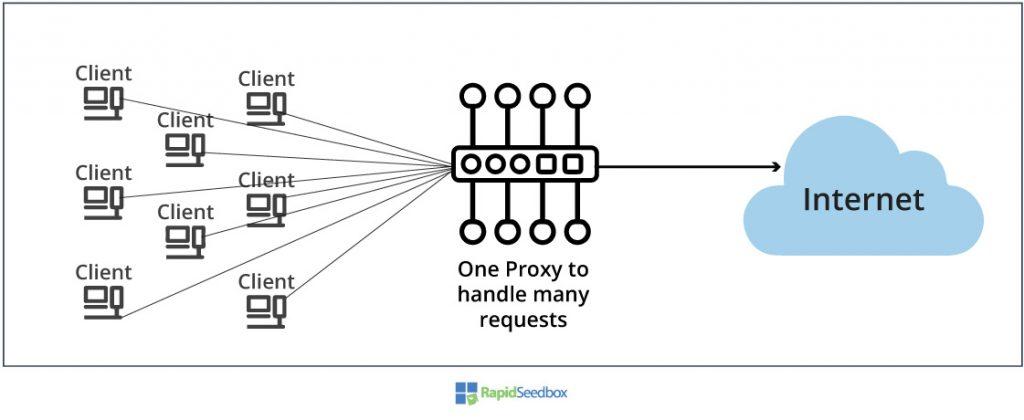
Real-World Examples: Success Stories from Both Proxy Types
When it comes to choosing between datacenter and residential proxies, real-world success stories frequently enough shed light on their practical applications and benefits. Let’s dive into how businesses from varying sectors have leveraged both types of proxies to achieve outstanding results.
Datacenter Proxies in Action
many tech companies have turned to datacenter proxies for their speed and reliability, especially in tasks that require high-volume data scraping.
- E-commerce price Monitoring: A leading online retailer used datacenter proxies to monitor competitor pricing in real-time. This allowed them to adjust their prices dynamically and increase their profit margins by 15% within three months.
- market Research: A market research firm utilized datacenter proxies to scrape social media insights and web data efficiently. This resulted in a 30% improvement in data collection speed, enabling them to deliver timely reports to their clients.
Residential Proxies Making Waves
Conversely, residential proxies have been a game-changer for businesses needing more legitimate access to web data that reflects real user behavior.
- SEO Tracking: an SEO agency employed residential proxies to track keyword rankings across different geographic locations. This helped them provide localized SEO services,increasing their client satisfaction rates substantially.
- Ad Verification: A digital marketing firm used residential proxies for ad verification, ensuring that their ads appeared correctly across different regions. By maintaining brand integrity, they improved their ad campaign effectiveness by 20%.
Comparative Success Metrics
To further illustrate the effectiveness of both proxy types, let’s take a look at their performance in specific use cases:
| Use Case | Datacenter Proxies | Residential Proxies |
|---|---|---|
| Price Monitoring | Speed: 95% success rate | Legitimacy: Avoids IP bans |
| Data Scraping | Cost-effective for large volumes | Real-user data accuracy |
| Geo-targeting | Limited effectiveness | Highly effective |
These examples highlight how businesses can select proxy types based on their unique needs—whether it’s the speed and cost-effectiveness of datacenter proxies or the authenticity and geographical reach of residential proxies. Both have proven track records of driving success in the digital landscape.
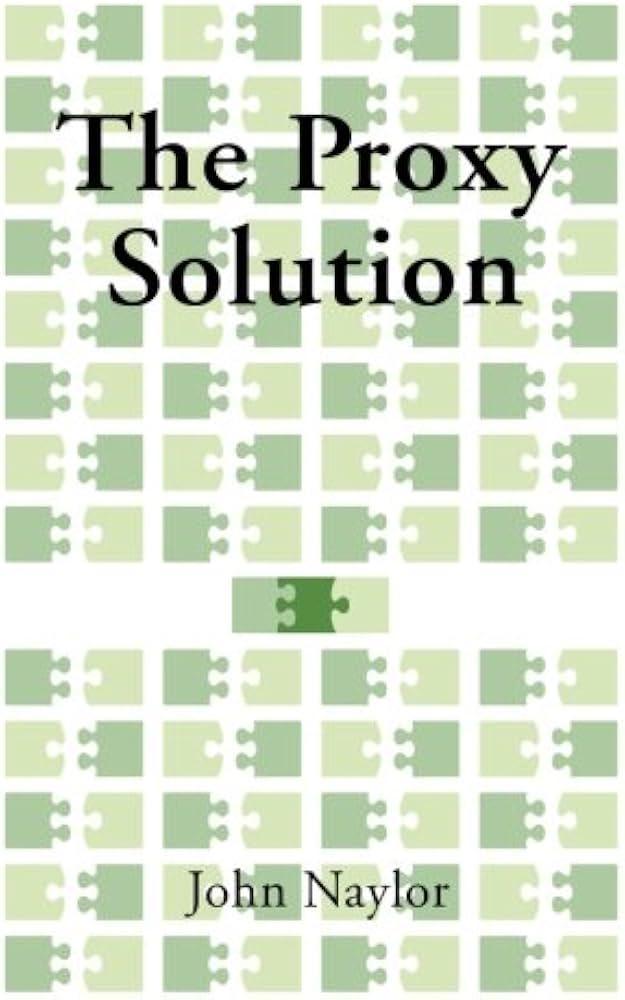
Making the Right Choice: A Guide to Selecting Your Proxy Solution
When choosing the right proxy solution,it’s crucial to consider the specific needs of your operations. Datacenter proxies and residential proxies serve distinct purposes, and understanding their differences can guide you towards the best choice for your requirements.
Performance is often a deciding factor. Datacenter proxies are typically faster and more reliable than residential proxies. This is primarily because they are hosted on powerful servers housed in data centers, enabling them to handle high traffic loads with ease. Conversely, residential proxies leverage real IP addresses assigned by Internet Service Providers (ISPs), which can lead to slower speeds due to potential bandwidth limitations.
however,the speed of a proxy solution is only part of the equation. legitimacy plays a vital role in ensuring your activities are not flagged or blocked. Residential proxies are generally perceived as more legitimate by target websites since they emulate genuine user traffic. This can be particularly advantageous when scraping data or performing tasks that risk detection, whereas datacenter proxies are more susceptible to bans due to their non-residential nature.
Another essential factor to consider is regional access. If your project requires accessing content restricted to specific geographical locations, residential proxies can provide a ample edge. They can offer IP addresses from various locations worldwide, mimicking traffic from those regions. in contrast, while datacenter proxies may provide some geographic diversity, they often lack the authenticity needed for region-restricted access.
To summarize your options, here’s a concise comparison:
| Feature | Datacenter Proxies | Residential Proxies |
|---|---|---|
| Speed | High | Moderate |
| Legitimacy | low | High |
| Regional Access | Limited | Extensive |
| Cost | Generally lower | Generally higher |
Ultimately, the right choice hinges on your specific needs.If speed and cost are your top priorities, datacenter proxies may be the way to go. However, for complete access and enhanced legitimacy, residential proxies are likely your best bet. Evaluate your use case carefully to select a solution that aligns perfectly with your operational goals.
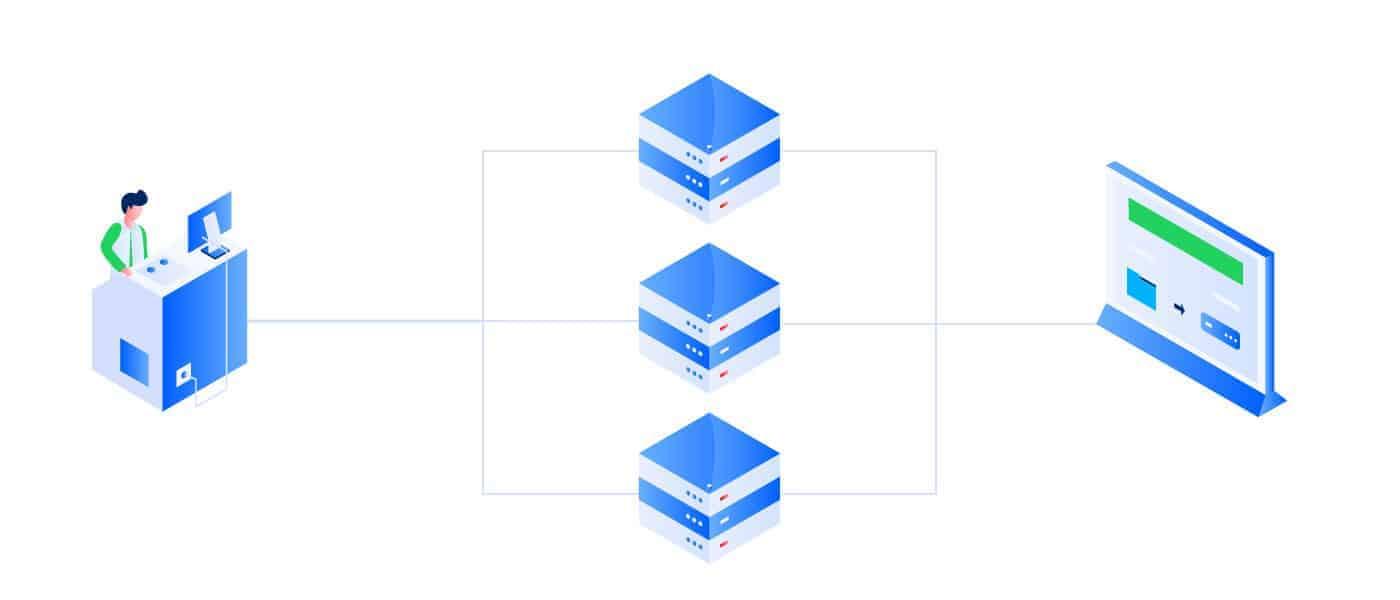
Future Trends: What’s Next for Datacenter and Residential proxies
As we look towards the future of online activities,it’s evident that the demand for both datacenter and residential proxies will continue to evolve. The growth of AI, web scraping, and enhanced digital marketing strategies will push businesses to seek more efficient and reliable proxy solutions. Here’s a glimpse into what’s next:
- Enhanced Security Measures: With increasing cybersecurity threats, both datacenter and residential proxy providers are expected to bolster their security offerings. Expect advanced encryption protocols and multifactor authentication to become standard features.
- AI-Driven Proxy Solutions: The integration of AI technologies in proxy services will help enhance performance and streamline user experiences. AI may also enable more responsive and adaptive proxy networks that can automatically adjust to bandwidth and latency challenges.
- Regional Proxies Expansion: As globalization continues, the need for access to regional content will fuel the expansion of proxy servers in diverse geographic locations. This will allow users to bypass geo-restrictions while enhancing data accuracy for businesses.
Additionally, the distinction between datacenter and residential proxies may blur as hybrid solutions emerge. These proxies will combine the fast speeds of datacenter proxies with the legitimacy of residential IPs, providing users with a balanced approach to anonymity and performance.
| Feature | Datacenter Proxies | Residential Proxies |
|---|---|---|
| Speed | High | Moderate |
| Legitimacy | Low | High |
| Cost | Low | Higher |
| Use Case | Data Scraping | Social Media Management |
Moreover, as regulatory scrutiny on data privacy increases, the emphasis on compliance in proxy services will become a key factor for businesses. Users will likely seek providers that can guarantee adherence to global data protection regulations, ensuring a trustworthy proxy experience.
Frequently Asked Questions (FAQ)
Q&A: Evaluating Datacenter vs Residential Proxies: Performance, Legitimacy, & Regional Access Dynamics
Q1: What exactly are datacenter and residential proxies?
A1: Great question! Datacenter proxies are IP addresses generated from data centers, and they are typically associated with cloud hosting services. They are fast and reliable but can sometimes be flagged by websites as they don’t originate from residential ISPs. On the other hand, residential proxies come from real devices and are associated with residential IP addresses, making them look more legitimate to websites, which often leads to a lower chance of being blocked.
Q2: Why should I care about the performance of these proxies?
A2: Performance is crucial, especially if you’re using proxies for activities like web scraping, data mining, or accessing geo-restricted content. Datacenter proxies usually offer faster speeds because they’re optimized for high bandwidth and low latency. However, residential proxies can slow down due to their nature but often provide better access to websites without getting blocked. Understanding your specific needs will help you decide which performance metrics are most important for you!
Q3: Legitimacy is often a concern. Can you elaborate on that?
A3: Absolutely! Legitimacy refers to how trustworthy a proxy appears to the websites you’re accessing. Datacenter proxies are often recognized as “data center” IPs, raising red flags on many platforms, especially those that prioritize user security. Residential proxies, though, appear as if they’re coming from real users, which makes it harder for websites to detect them as proxies. If you need a proxy for sensitive tasks, residential might be the way to go for that added layer of legitimacy.
Q4: How do regional access dynamics come into play?
A4: Regional access dynamics are all about where your proxies are located and what content you’re trying to access. For example, if you need to access a streaming service only available in a specific country, residential proxies from that region will help you bypass restrictions effectively. Datacenter proxies might struggle with this because they can be detected more readily as non-residential, which can lead to access issues. So, if you’re looking at global reach, consider where your proxies are hosted!
Q5: In which scenarios would you recommend one type over the other?
A5: If speed and cost are your top priorities—like when you’re running large-scale data scrapes—datacenter proxies might be the best fit. however,if you’re working with accounts that require a high level of security,like social media management or purchasing limited-edition items online,residential proxies should be your go-to. They offer better legitimacy and are less likely to get flagged.
Q6: What’s the bottom line? How do I choose the right proxy for my needs?
A6: The key is to assess your specific use case. If performance and speed matter most, datacenter proxies can be your best bet. But if you need to blend in and access geo-restricted content with minimal interruptions, then residential proxies are the way to go. It’s all about what you need to achieve, and understanding these dynamics will empower you to make an informed choice that suits your objectives!
Q7: Any final thoughts for someone trying to decide?
A7: just remember, the right choice between datacenter and residential proxies can have a significant impact on your online activities. Take time to evaluate your needs,consider the pros and cons of each type,and don’t hesitate to test both options if possible. the best proxy is the one that aligns perfectly with your goals and provides the functionality you need to succeed!
Final Thoughts
choosing between datacenter and residential proxies isn’t just about performance or price; it’s about aligning your proxy needs with your specific goals. If you’re after speed and reliability for bulk scraping or data gathering,datacenter proxies might be your best bet. However, if you’re seeking authenticity and a more human-like presence online, residential proxies are your go-to solution.
Think about the type of projects you’ll be tackling.Consider the legitimacy of your data access and how regional dynamics can impact your results. At the end of the day, it’s all about making informed choices that suit your unique requirements.
So, before you dive in, take a moment to weigh the pros and cons. Evaluate your objectives, and don’t hesitate to invest in quality. After all, the right proxy can make all the difference in your online endeavors. Whether it’s datacenter or residential, the right choice is out there waiting for you. Happy browsing!

